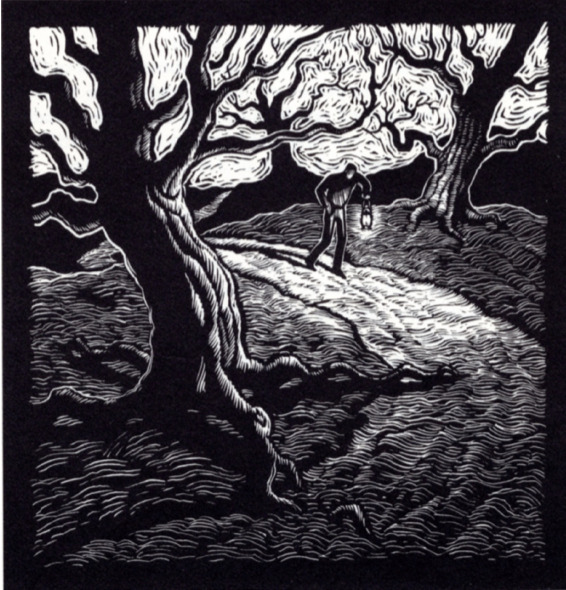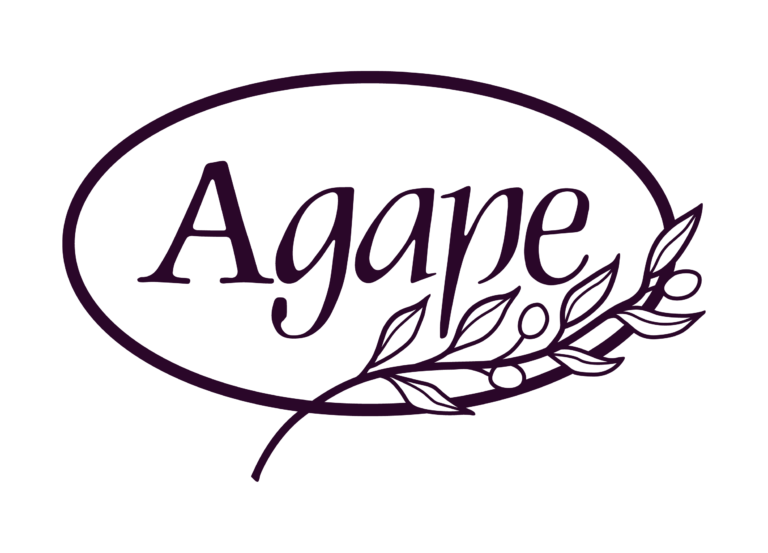by James Robinson
 As we come together for this digital retreat during a global pandemic, we find ourselves in a context of crisis. In fact, we find ourselves in an atmosphere thick with the intersection of multiple social and environmental crises, an atmosphere so thick it sometimes seems difficult to see, so thick it sometimes seems difficult to think and feel and move.
As we come together for this digital retreat during a global pandemic, we find ourselves in a context of crisis. In fact, we find ourselves in an atmosphere thick with the intersection of multiple social and environmental crises, an atmosphere so thick it sometimes seems difficult to see, so thick it sometimes seems difficult to think and feel and move.
Where do we begin? What role does faith play in enabling us to constructively navigate this tangled web of crises, as it manifests both within us, in our interior terrain, and all around us, in the death-dealing systems and structures in which we are enmeshed? How can faith empower us to move into the future, as contemplatives in action, attuned to the goodness of creation while simultaneously inspired to resist and transform the practices and systems that distort and destroy this goodness?
I’d like to highlight two fruits that faith provides, fruits that can sustain us through chaos while inspiring us to move more fully and radically into the future, to build a just and sustainable world in the shell of the status quo. Faith can provide us with deeper soil for rooting ourselves in the present. Faith can also provide us with a wider horizon for orienting ourselves toward the future.
First, let’s consider the deeper soil that faith can provide for rooting ourselves in the present. This offering becomes especially significant when the present is destabilizing and disorienting, as ours undoubtedly is. In religious traditions that affirm the existence of a Creator, a fundamental aspect of faith is the recognition that we are creatures. To exist in this moment at all is to exist in an infinite and intimately present God, who suffuses the entirety of creation, loving every creature into being and accompanying each of us as our lives unfold. Our work is to actively feel this, to move from the concept of creation to a felt sense of creation, not merely as a past event but as a present reality with a future promise.
We might be guided, here, by the insights of Elizabeth Johnson, who writes “present as sea to sponge, the Spirit of God is supremely radiant, relational energy, continuously creating in and through the processes of nature, which have their own integrity. The Spirit of God is like a great creative Matrix who grounds and sustains the cosmos and attracts it toward the future. Throughout the vast sweep of cosmic and biological evolution, the Spirit embraces the material root of life and its endless new potential, empowering the cosmic process from within.”
Our bodies and minds, our webs of friends, our families, our communities, Agape Community, all of this is grounded, sustained, and empowered by God’s creative and loving presence, here and now. The perpetual flow of God’s generative love pulses in everything our senses can perceive from plants, to people, to the pixels of our computer screens. This is our deepest ground, this is our center, this is the soil in which we can root ourselves forever.
While faith can root us in the endlessly deep soil of God’s permeating presence, it can also open us to a wide horizon of hope. Faith can orient us to possibilities that radically transcend our current ways of seeing and being as well as the structures and systems that constitute our broken status quo. As Elizabeth Johnson emphasizes, the Spirit of God who grounds and sustains the cosmos simultaneously attracts the cosmos toward the future.
Rosemary Radford Ruether suggests that a confrontation with God’s transcendence can powerfully liberate us from unjust patterns, opening us to a future marked by mutual flourishing. For Ruether, we must not imagine divine transcendence as signifying the distance between God and creation. Instead, Ruether writes, “we should think of divine transcendence as God’s radical freedom from our systems of lies and oppression, while also being closer to us than we are to ourselves. God’s grace grounds and renews our freedom to overcome oppressive patterns, while also putting us back in touch with our good potential.”
These, then, are the fruits of faith: to be rooted in the present moment, aware of our deep goodness and God’s deep goodness, and to be drawn by God into creative transformation, simultaneously. Our God, who loves us into being, is intimately present to us, filling everything that exists, while simultaneously transcending our distortions, our limitations, our oppressive systems, and patterns. This God is the ground of our being, the soil in which we can root ourselves here and now, and the wide horizon, who calls us into a future conducive to justice and everlasting joy.
Jim Robinson is a member of the Religious Studies department at Iona College as well as Agape’s Mission Council. This article is a summary of Jim’s talk at the Alabama Lenten Retreat.
